Back


Identification Tool
Cluster: Collaboration Skills
Complete the self-assessment questionnaire to validate your soft skills on the Collaboration Skills cluster!
